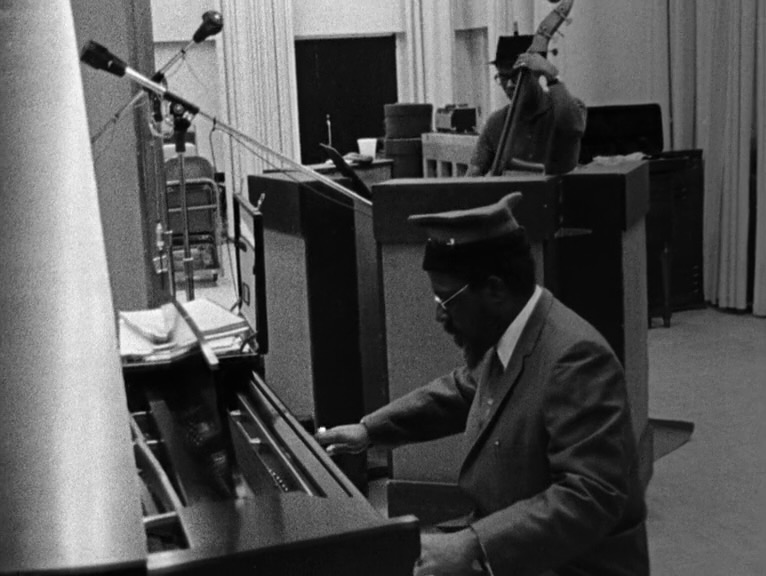That’s the first hundred now.
A good batch, came out summer 1999 to summer 2001.
Movies I’ve written up here, roughly ranked:
Do The Right Thing
Vagabond
Brazil
For All Mankind
Black Narcissus
Cleo From 5 to 7
The Passion of Joan of Arc
The Blood of a Poet
Written on the Wind
Kwaidan
I Know Where I’m Going!
Orpheus
Sisters
L’Avventura
Peeping Tom
Autumn Sonata
The 39 Steps
Sanjuro
Alexander Nevsky
Good Morning
Brief Encounter
Variety Lights
W.C. Fields: 6 Short Films
Testament of Orpheus
The Unbearable Lightness of Being
Pygmalion
The Harder They Come
The Bank Dick
And God Created Woman
The Blob
Hamlet
The Night Porter
The Magic Flute
Watched in the pre-blog dark days, ranked by how urgently I need to revisit:
Ivan The Terrible, Parts 1 & 2
Charade
Yojimbo
The Element of Crime
All That Heaven Allows
The Last Temptation of Christ
Fiend Without a Face
Rushmore
The Life of Brian
Le Million
The Third Man
Carnival of Souls
Beastie Boys Anthology
Gimme Shelter
Chasing Amy
Bonus Features:
Good Morning includes the equally great feature I Was Born, But… and extras by three of the greats (Rosenbaum, Cairns, Bordwell)
Back in my Gilliam-obsessive days I watched every cut of Brazil, saw all the extras, read the Jack Mathews book, and played at least one of those Life of Brian commentaries.
Enjoyed the 39 Steps commentary on a plane. Rented the OG disc of Carnival of Souls and dutifully watched all the industrial shorts. Seen everything on The Third Man and Rushmore. Didn’t love The Blob commentary, and don’t recall if I heard the Fiend Without a Face.
Ate up the Varda extras, which include the shorts The Story of an Old Lady and the very great L’Opera Mouffe.
I’ve probably seen quite enough about Powell and Pressburger by now, but Return to the Edge of the World was great and I wouldn’t mind catching the Mark Cousins doc.
Should go through the For All Mankind and Kurosawa extras sometime. Sirk too, though I recently saw Rock Hudson’s Home Movies, included on the All That Heaven Allows disc.
Bought Autumn Sonata but probably won’t ever get to the extended making-of features, and definitely won’t revisit the Magic Flute doc – the Fanny & Alexander extras look more enticing.
I have a feeling the Women of the Resistance doc will be more interesting than The Night Porter. The David Lean doc might be good. Watched the Lars Tranceformer doc back in the day and didn’t love it, but the other Element of Crime features look intriguing.
Love Cocteau’s Villa Santo Sospir, not sure how I missed the Edgardo Cozarinsky documentary.
Got the Eisenstein box and went through it all, but the Ivans need revisiting and we really need a Nevsky reissue with properly-recorded orchestral score.
Watched everything I could find on Do The Right Thing and read Spike’s making-of book which is even better than the audio/video extras.
Did watch the L’Avventura doc and commentary, while trying to understand what art cinema is – an experience I’d recommend to anyone.
Beastie Boys Anthology remains the most well-authored DVD I ever bought.
If western civilization survives long enough I’ll probably explore the next fifty – got ten left to watch, including some (Shinoda, the Czechs) I really want to see, and I’ve already got the annoying ones out of the way (Ruling Class, The Hidden Fortress).



















